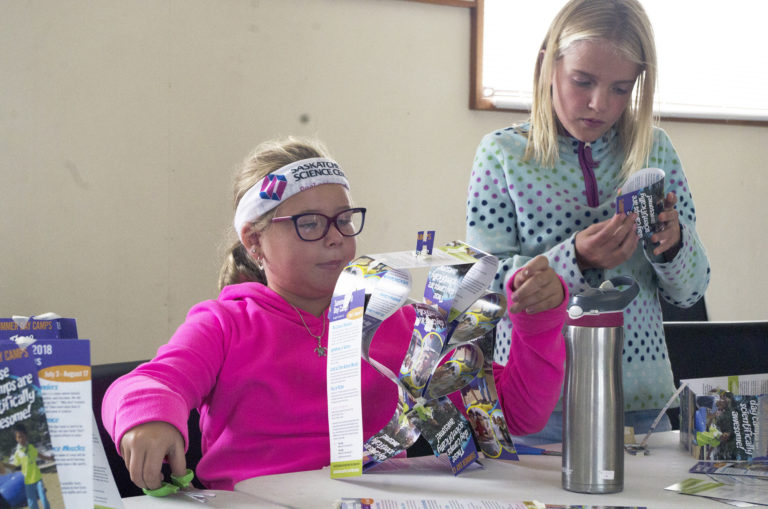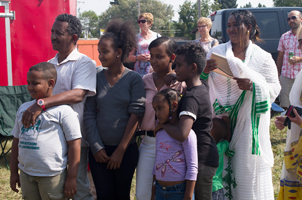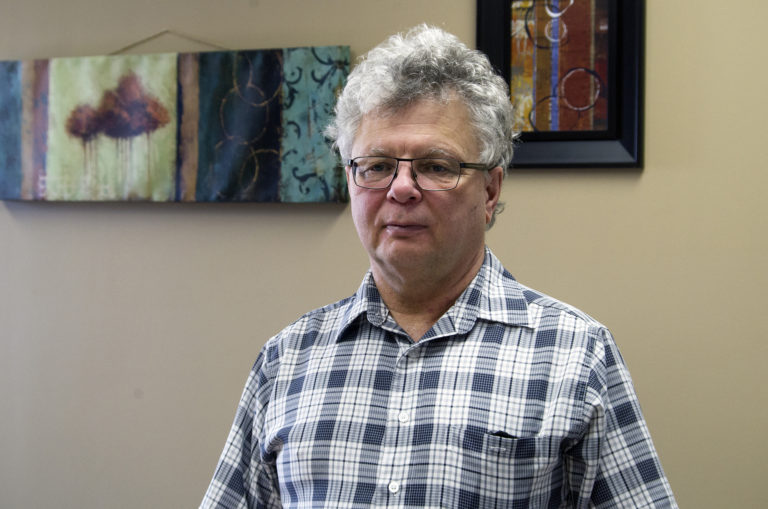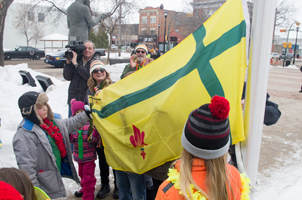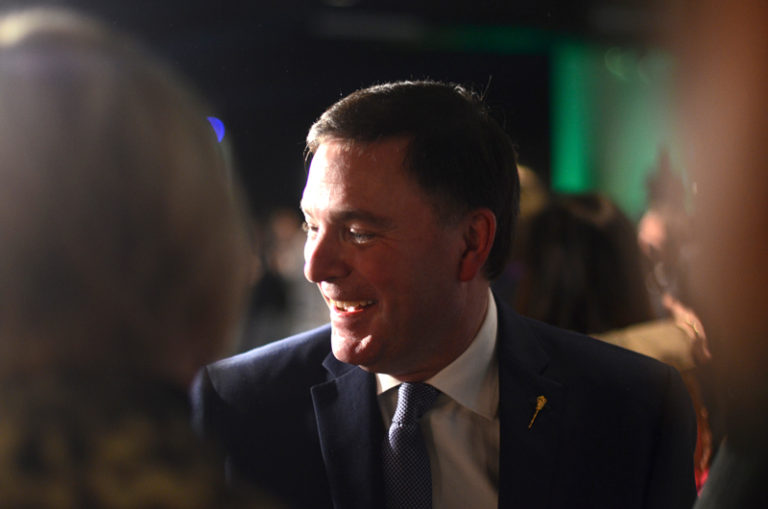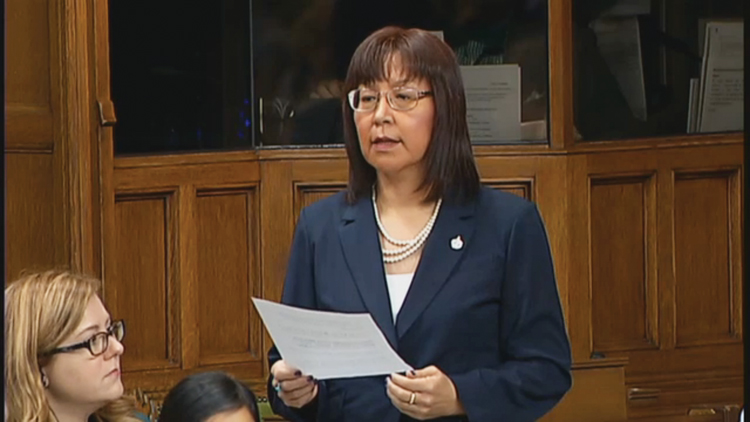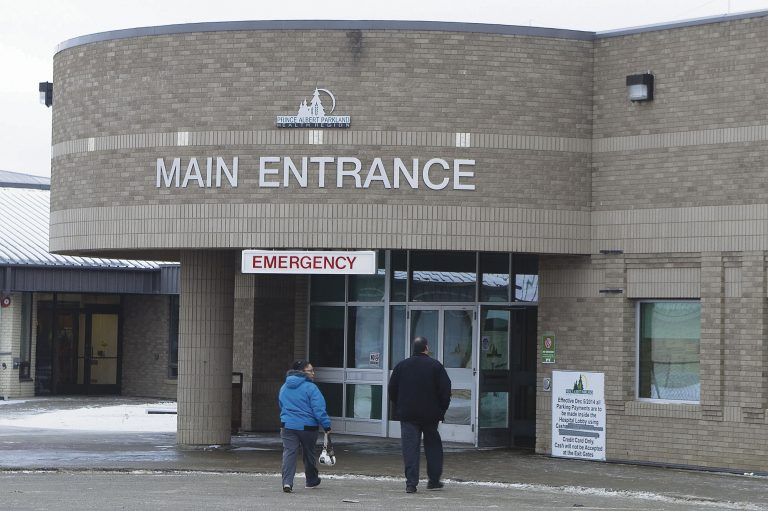For the last four days, a group Prince Albert students have set their minds to answering the tough questions.
How do you find credible sources of information? How would you keep society running if the Internet crashed forever? How would you build a display of the different layers of human skin using only food?
It’s called “Science Celebration” and it’s all part of a new satellite science camp put on by instructors from the Saskatchewan Science Centre. For the youth involved, it’s definitely a unique experience.
“Probably my first reaction was, ‘why are we doing this?’” said eight-year-old Sara Pawlyshyn, who signed up for the camp because she wants to be a nurse, and thought it would be good to “learn some things.”
“It’s been fun,” she added. “I’ve learned lots.”
“I thought it would be different,” added Noah Weinrich, another eight-year-old participant. “It’s better than I expected, actually.”
Pawlyshyn, Weinrich and more than a dozen other students on hand are the first of what will hopefully be many students to take part in the new Saskatchewan Science Centre camps. After holding a successful inaugural event in Yorkton last year, the Science Centre tried one again, this time in Prince Albert.
Natalie Bolen, one of three Science Centre educators on hand for the four-day camp, said the program is still in its early stages. However, if test runs like this one in Prince Albert go well, they’re hoping to expand it to other communities around the province.
“We have a (Science Centre) team that goes to communities all over and does little things here and there, but we don’t always have a full week of camp that you can get to know these kids,” Bolen explained. “We definitely want to be able to come back to communities, or be in more communities throughout the summer.”
For Bolen and her fellow educators, science camps start with the basics. In this case, that means showing kids just how often science affects their day-to-day lives.
With kids there’s the impression that science is something you do in a lab with fancy equipment, so one of the camp goals is to show students that you can do science with something as simple as a few pieces of cardboard and a role of tape.
After that, it’s about having fun and making friends, and eating. That last part is a big one when you’re making a display made entirely out of food.
“They were more excited about the snacks, but we got some science in there,” Bolen chuckled.
Like the Yorkton camp in 2017, “Science Celebration” in Prince Albert has been a roaring success. Bolen said Prince Albert has been an awesome host, and the youth have been fantastic. She’s hopeful the experience will help with the school year and the years beyond.
“Whether they’ve picked up the actual science we’ve tried to impart, hopefully they’re just excited about being here and finding other kids who are interested in the same thing,” she said. “At the end of each day … we have them write what they thought was awesome about that day. Even if it’s them saying, ‘I found a friend,’ that’s some of the best stuff that we see.”

